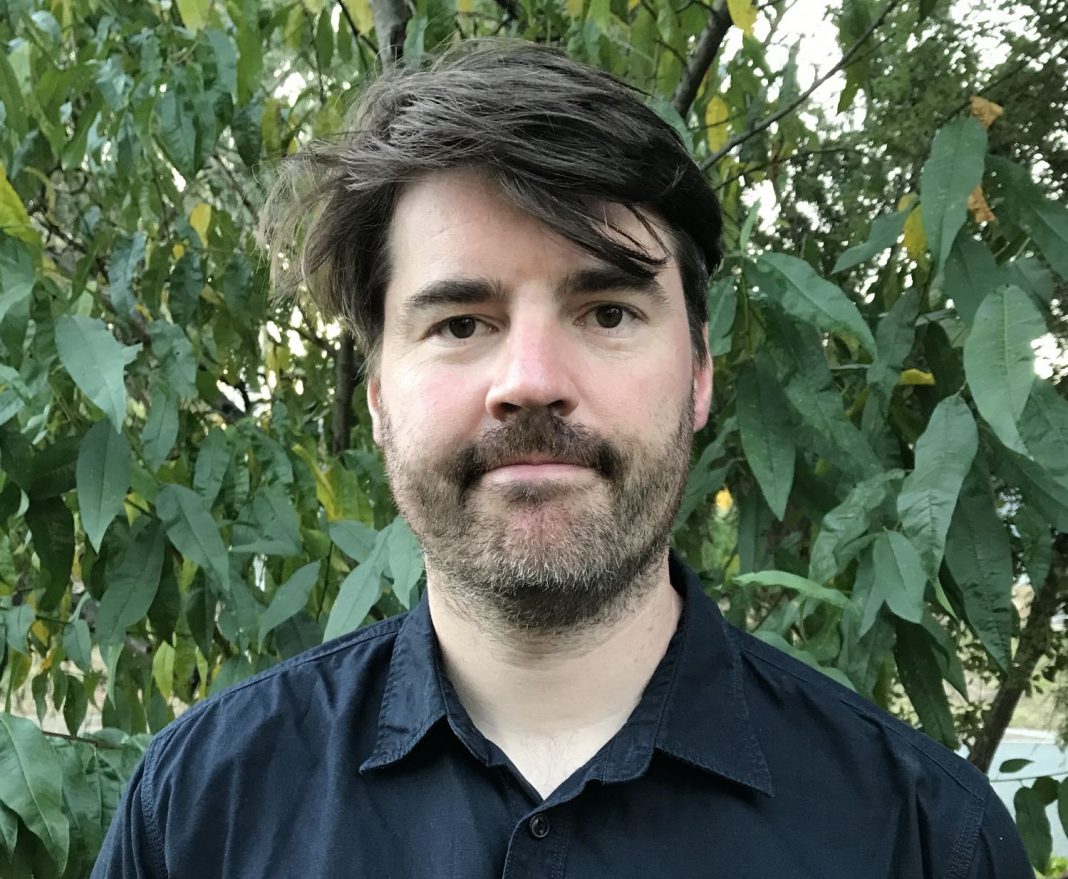From a high school interest in cinematography to a career behind the camera and a passion for photography and fine arts, Alexander Robinson worked in art institutions in NSW before accepting the role as director of PhotoAccess in Canberra. CW spoke with Mr Robinson to discuss photography, validity and art.
1. What is your vision for PhotoAccess?
The main thing that is happening in the foreseeable future is that we’re moving to Kingston, to the Kingston Arts Precinct that has been announced by the ACT Government. What that will do is give us the opportunity for more space; it will give us a bigger facility because at the moment we are very cramped. It will also give us a bit more visibility in terms of having a concentration of arts organisations all in one geographical location.
I think that gives us an opportunity to upsize and upscale rather than just being that localised community-based organisation – maintaining that grassroots basis, but expanding our network out nationally and internationally.
2. What inspired you to accept the role?
I think that I had all this knowledge, background, passion and interest in photography that I’m not really using. I thought PhotoAccess is a really good opportunity where it is a small organisation, it’s agile, and we can really take risks and do innovative things.
It offers a good opportunity to experiment and grow and engage with artists and photographers and all kinds of people. The thing with photography is that is so accessible, everyone can do photography. It does have that very general and broad appeal.
I think that is one of the reasons our organisation has been successful, it’s always very inclusive. Everyone can do photography – old people, young people, even people with physical disabilities, mental disabilities. We’re actually going to try and work on a project next year with the Canberra Blind Society.
3. Are mobile phone photographers as valid as trained photographers?
I don’t think there is a line, certainly not a clear line; it’s just like a grey zone.
Even if you think about it, my background is more fine arts than photography, working with artists who don’t exclusively use photography, it might just be one tool that an artist might use for a project.
Whether it’s a photo on film, it’s digital, with the phone, amateur, it’s professional, everything has validity and it’s really up to the creative uses of the artist and how they convey that message.
There are professional photographers out there who prefer to use amateur cameras. You see it now with fashion shoots where Lomography makes cameras out of plastic and the lenses are made from plastic and they’re super cheap but it’s become this style now that fashion photographers are using in professional shoots because it’s the look that they want. It’s just a tool but it’s a tool they can use to achieve a certain look.
Cameras are so easy to use; that’s really what Kodak did – they revolutionised the way in which cameras went from a professional tool to a consumer tool.
4. Do you have any advice for budding photographers?
Don’t underestimate the value of learning analogue photography because it gives you the foundation.
Achieve a level of competency so you can achieve artistic expression. Essentially, it’s a tool and if you understand the technical aspects of how to use a camera, then you can express yourself visually.
Answers condensed for publication.
Find out more online at photoaccess.org.au
Get all the latest Canberra news, sport, entertainment, lifestyle, competitions and more delivered straight to your inbox with the Canberra Daily Daily Newsletter. Sign up here.



